Nepal
Last year, a woman who runs pilgrimages out of Nepal reached out to me to partner on a ‘surrender-themed’ spiritual retreat. I was intrigued.
I am an avid traveler. I’ve been traveling to South East Asia, in addition to other far off places, for well over a decade. As a Los Angeles based yoga teacher who runs international retreats, I have always felt a pull to introduce people to this part of the world. I think places such as Nepal, India, Tibet and Bali embody a deep sense of spirituality. And it’s not just my opinion, it is actually an important aspect of their culture. I find that people in these parts of the world are better at accepting the present moment than most westerners I come across.
Isn’t this exactly what we seek through our yoga and meditation practices? And not just the present moment, but also the simple truth of knowing and accepting impermanence.
I thought about this a lot during my recent trip to Nepal. I also thought a lot about who I am when I am removed from familiar surroundings.
When I first announced that I was leading this trip, it filled up immediately. Then, a month before we were scheduled to leave for Nepal, more than half the group canceled. (Now, if you’ve ever run a retreat, or have even planned an event for that matter, you know how awfully stressful this can be.) My first thought was that we’d have to cancel. Not only was I concerned about the finances but, suddenly, all the work I had put into the planning felt like a waste of time and energy. I was deflated. I was heart-broken. I was shocked.
But the word that kept showing up for me was clear as day: surrender.

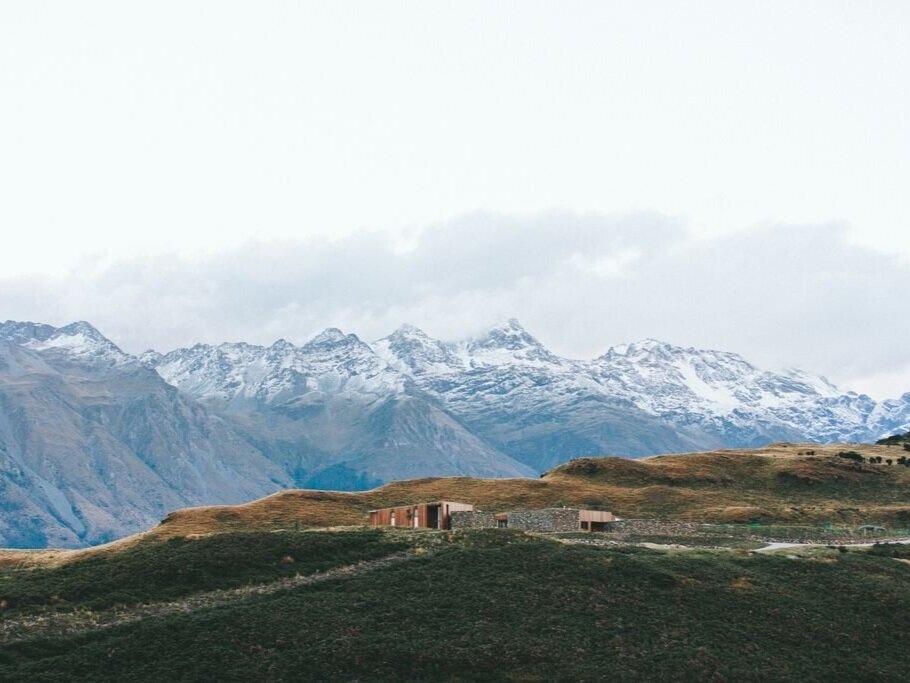
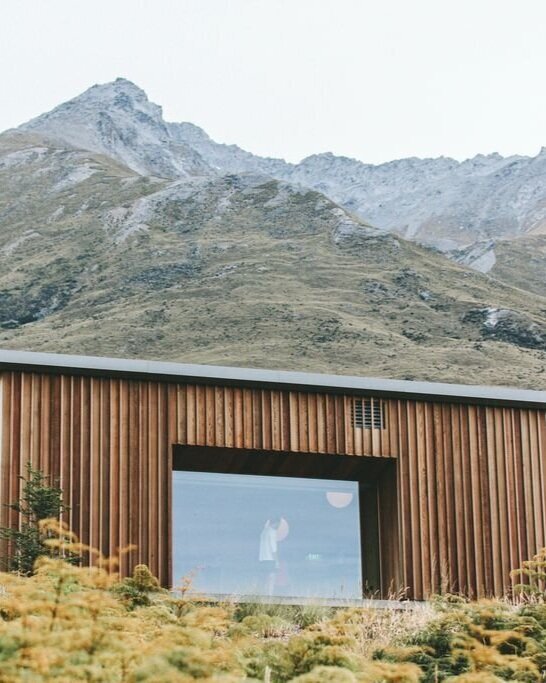
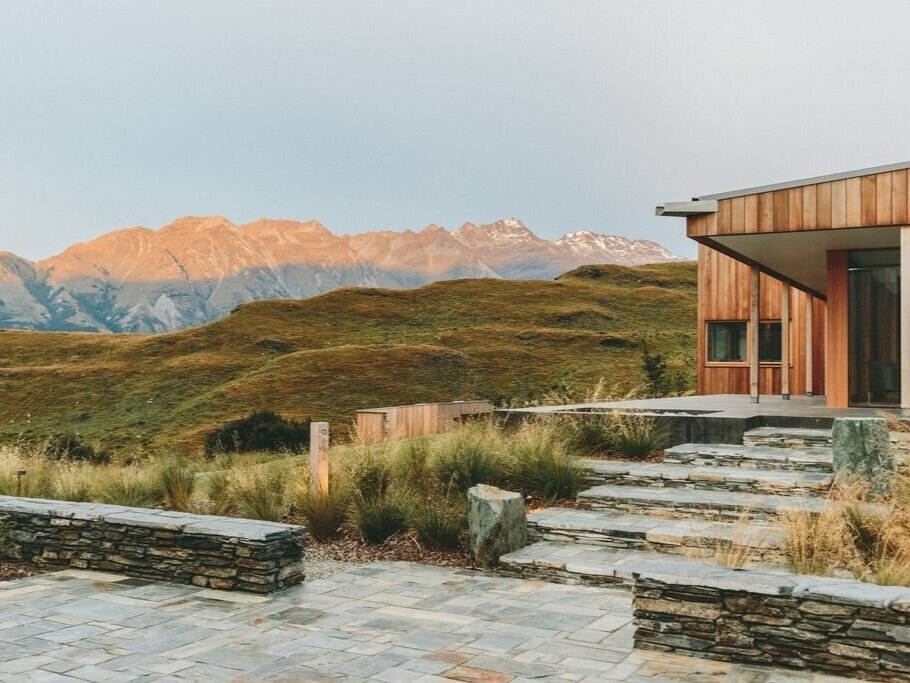
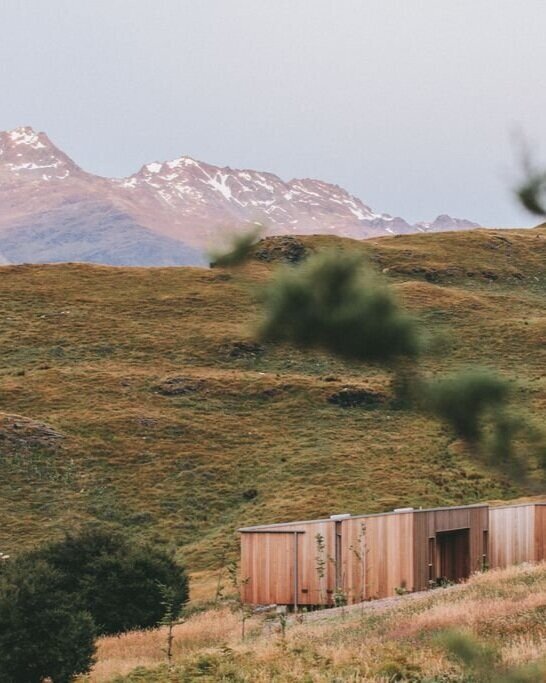
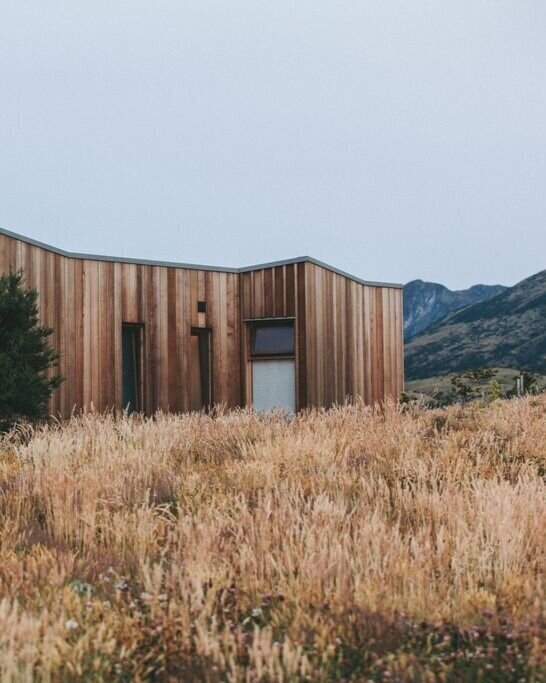
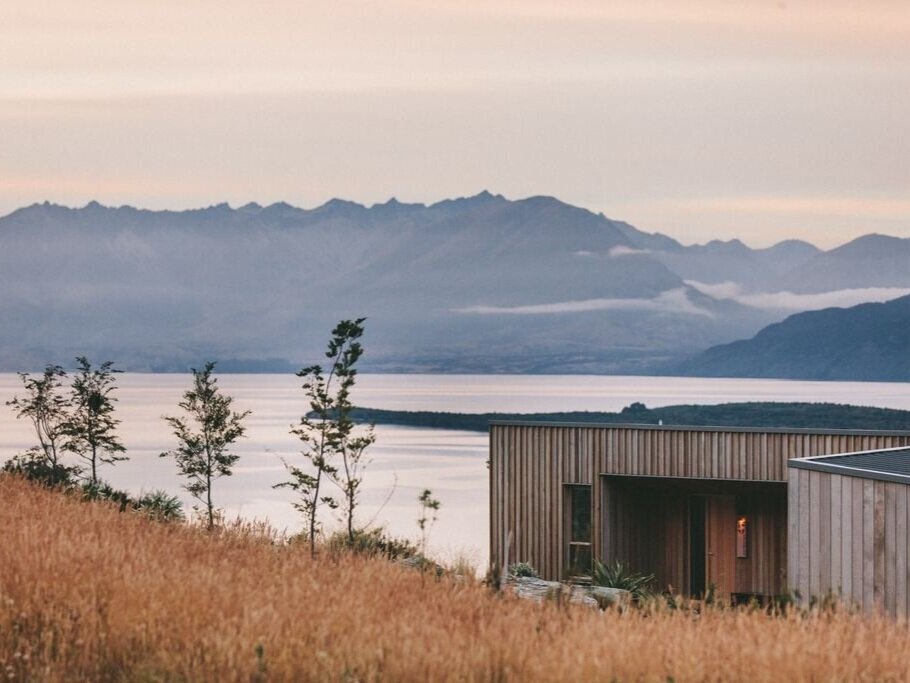
While the irony was not lost on me, I looked at this as an opportunity for me to let go and enjoy the ride. I realized I needed to stay present and continue on my journey. Apparently, I was going to Nepal. I could not cancel the trip. I knew this trip would be life-changing.
Despite the last-minute changes, we found a way to make it work. We ended up with the exact group we were meant to have.
It was a gift to share the stage with another teacher. She led the philosophy and meditation sections, I led the yoga. She had been living in Kathmandu for twelve years and was passionate about sharing the energy of this special place with our group. She also kept reinforcing how much we really need to go with the flow and expect the unexpected.
Our first week was great. We stayed a couple hours outside of Kathmandu in the foothills. Our accommodations had hot water, showers,
delicious food, and comfortable beds. There were glitches, but they were nothing compared to what we were about to face.
As the second week rolled in, we were glowing from the yoga,the meditation, and the inspiring hikes. Everything was flowing along beautifully. As we drove to the airport, we talked about our upcoming journey to the mountains of Phablo and the trek that followed the next day. We were looking forward to the change of scenery.
My retreat partner kept reminding us that flying to the mountains is never a guarantee due to the unpredictable weather. The only other option is a ten-hour jeep ride. Of course, we did our best to stay positive and avoid any negative thoughts as best as we could.
We remained hopeful that our flight would take off while we waited for the green light to board. And, after three hours, we got it. Our group and a few other local women from the mountain community shared the tiny airplane. We were so happy to be in the air, despite the bumpy flight.
Now, because the landing strip is small in Phablo, the sun needs to be shining and the sky must be clear to ensure a safe landing. About an hour into our flight, the clouds crept in and we were forced to turn back.
After a quick lunch, we decided to brave the jeep ride. Our driver was a typical Nepali driver with no fear of speed. The fast and furious turns on unpaved roads made for a bumpy ride, which turned out to be a hellish experience. Our nerves were fried and for those of us who had never experienced this type of driving were, understandably, terrified. My host and I knew to expect this reaction when we decided to take the jeep ride.
We held space for everyone and explained that this is how they drive here. We assured them that we’d make it to our destination in one piece. The journey was long and difficult. Finally, after ten hours, we arrived at our guesthouse. It was after midnight and we were all exhausted. We were welcomed with a tiny, cold, dorm-style room offering a bucket outside for a shower. It was a very long, sleepless night for all of us. We got ourselves dressed, had some breakfast and embarked on our nine-mile hike to Thibten Choling the next morning, which happened to be my birthday.
Luckily, the beauty and nature we experienced on our hike energized us. It had been such a long, rigorous journey to get there. We were all so eager to see our final destination. From experience, I knew that the special places are hardest to get to, which gave me the stamina I needed to get up those awfully steep hills! We saw a lot that day. There were empty villages, beautiful rivers, and even a cow that had fallen to his death from above on the side of the road. As we got closer to our destination, a swarm of ravens appeared. We were told that these types of birds like to be around death and spiritual places
Finally, we arrived at Thibten Choling. We were greeted with a warm welcome by the nuns and the monks. They did all that they could to make sure we were comfortable. Our accommodations were very basic. The rooms were dorm style, had an eastern toilet (which is a hole in the floor) and no hot water. This was a lot to digest after such a tough journey. It was in that moment that I realized how blessed I was that our group was so small.
The purpose of this trip was to learn how to control the mind and recognize when suffering is being perpetuated. It was an interesting practice to see what happens when what we assume are our basic needs are removed. Our meals were simple: potato soup or noodles. There was no heat and it was outdoor living. Animals had also taken refuge here and we had to find a nun to walk us past barking dogs that are known to bite. The place looked like a scene out of a pre-historic movie.
We sat with the nuns and monks during their practices, and then we had our own yoga and meditation practice. It was interesting to watch the energy of the group as it shifted. You could see the resiliency of those that accepted the present moment and those that pushed the uncomfortable feelings away. There were so many lessons for all of us here.
These types of places offer many blessings, if you let the ego go. When we break attachments, we are thinning the ego out. Then we are ready to receive the message that life is presenting.
This is what this place, tucked far away from the world, was asking us to do: Let go of all of the stuff we think we need and get to know our mind.
How do we act when we don’t get what we want? This is when true character is revealed. Something gets lit up inside of us when we just let go. We arrive. And when we disconnect from the wanting, our heart opens up.
When I learned about this part of our journey, I thought I would die without my daily coffee and Internet connection. I was surprised by my response. I
was calm. I had time to think. I slept deeply, and I felt like I was really spending time with myself on a profound level. A lot of emotion came up and I gained some insights. My perspective was changing, and I was opening up to a new way of being.
By the time I left the nunnery, I was wide open.
Leaving was emotional for all of us. There were many children who were brought to the nunnery by their families, in search of a better life for them. I found these children to be so authentic and when we made eye contact, I felt as though they’d pierced my soul.
Their life path was here, in this moment. They would have a daily meditation practice and live a recluse life free of what most Westerners have taken for granted. There was no striving on this path, all desires were colorless, and their life’s purpose was learning to be with the present moment day in and day out.
Witnessing their daily reality reminded me of the saying, “Chop wood and carry water.” The idea that if you can find contentment in our everyday routines and rituals, you’ve got a spirituality practice.
As I left Nepal, I still felt deeply emotional about my experience and everything I witnessed there. I learned lessons that will continue to feed me for the rest of my life. I learned how important it is to break free of attachments and I have a deeper meaning of the concept that the only constant is change.
I know that we can create much less suffering by learning to be with the moment and honoring whatever lesson is being offered at that time. When we are preoccupied and distracted by our needs, we are not
present or open. When we are able to accept what is, we might find that we are more open. It’s at that point that life becomes our most important growth tool and educational opportunity.
As we returned from the mountains, all of us had so much more joy and gratitude than we arrived with. We marveled at how much we actually have in our world, but that so many of us seem to suffer so much more than people who seemingly have so little. It is this frequent realization that keeps me coming back to countries like this. I am constantly reminded of how simplicity works. It clears the mind of clutter, so we can see more clearly. In reality, if we have a roof over our head, food on our table, and most importantly, people that we love around us, life is good. There is so much to be grateful for. And I am grateful for you.
Namaste.


